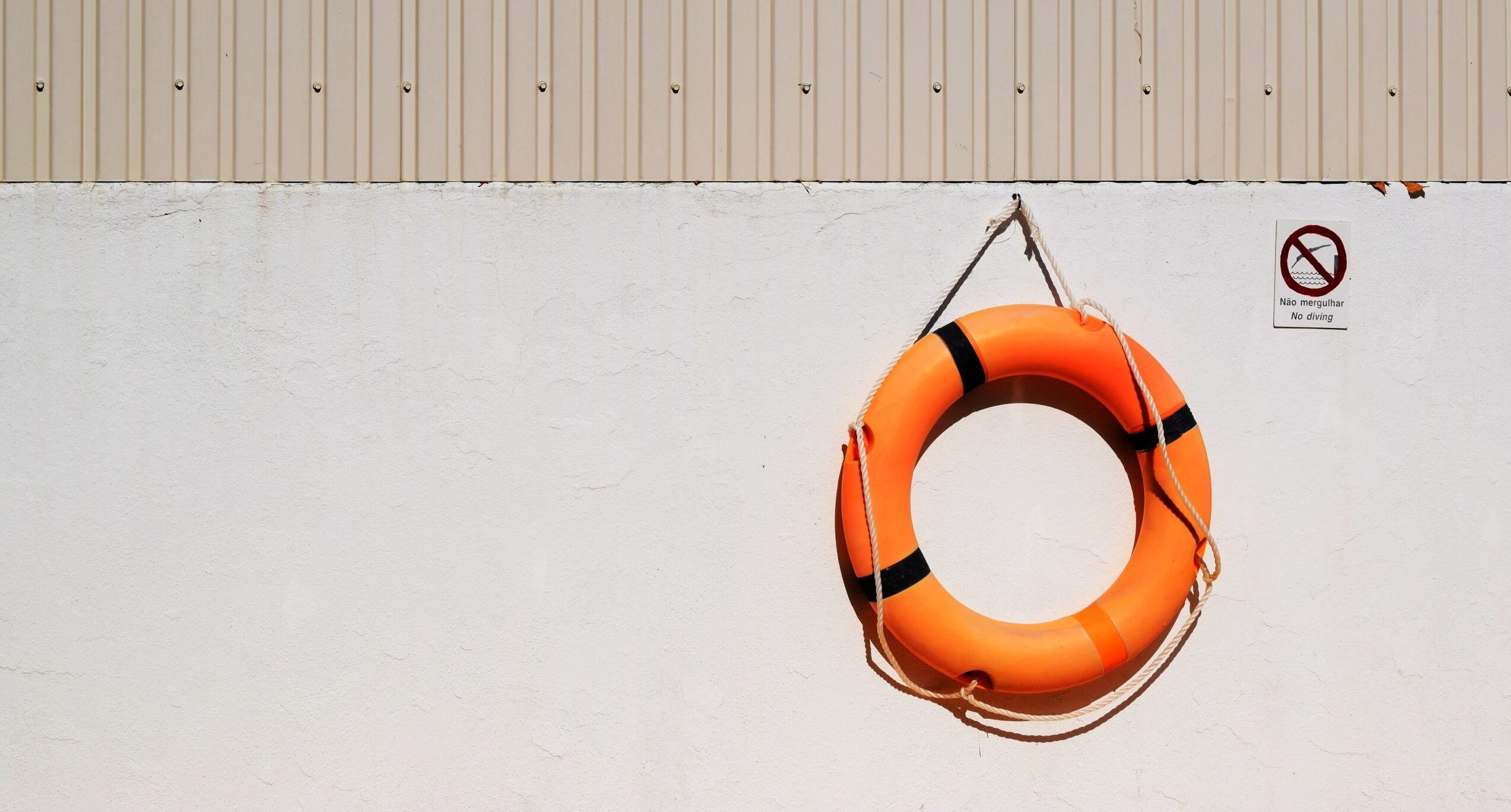A judge has, this week, ruled in favour of a family at the centre of an unprecedented face-to-face clinical negligence trial during lockdown.
The case, at the Royal Court of Justice in London, was initially due to be heard remotely because of COVID19 restrictions. Lawyers from Welsh law firm, Hugh James, represented the claimant.
The trial centred on the case of a child, who cannot be identified because of an anonymity order, and is known only as SC. In 2006, at the age of 15 months, the child was displaying the signs and symptoms of a serious bacterial infection. Her GP suspected meningitis and sent her to hospital in an ambulance after giving her penicillin. But, doctors at University Hospital Southampton NHS Foundation Trust did not take sufficient notice of the GPs concerns and instead diagnosed tonsillitis. Her meningitis was therefore left partially treated. She subsequently developed hemiplegic cerebral palsy and has severe and complex needs.
Adjournment ‘would be unfair’
Shortly before the trial was due to start, the Defendant applied for an adjournment on the grounds that a remote hearing would be unfair. But the judge, the Honourable Mr Justice Johnson, rejected the application to adjourn, and directed that the trial should take place in court.
It would be rare for a complex clinical negligence case to go to trial even before the coronavirus. The ‘in person’ ruling during lockdown, with important implications for the hearing of trials in the COVID19 era, makes it even more unusual.
The judgement was handed down remotely this week (22 June 2020) by email and the judge found the NHS Trust liable for the claimant’s injuries and other loss and damage that she has sustained.
Ruth Powell, Senior Associate at Hugh James (pictured) who led the case, said:
“This has been a very long and arduous road for my client and the whole family has been extremely brave to take this to trial. It was a very complex case and the fact that it was tried ‘in-person’ during very difficult circumstances due to the coronavirus, makes their bravery, determination and resilience even more remarkable.”
In-person trial during lockdown: how it worked
In total, four experts provided evidence, one remotely, the others in-person at court. There were also five lay witnesses who appeared in-person. Social distancing measures were enforced in the courtroom. Lawyers had to use separate bundles to avoid the risk of cross contamination.
Solicitors were not permitted to pass notes between the family, experts and barristers. Instead, they communicated important messages via WhatsApp and mobile phone texts, with special permission granted for this purpose.





